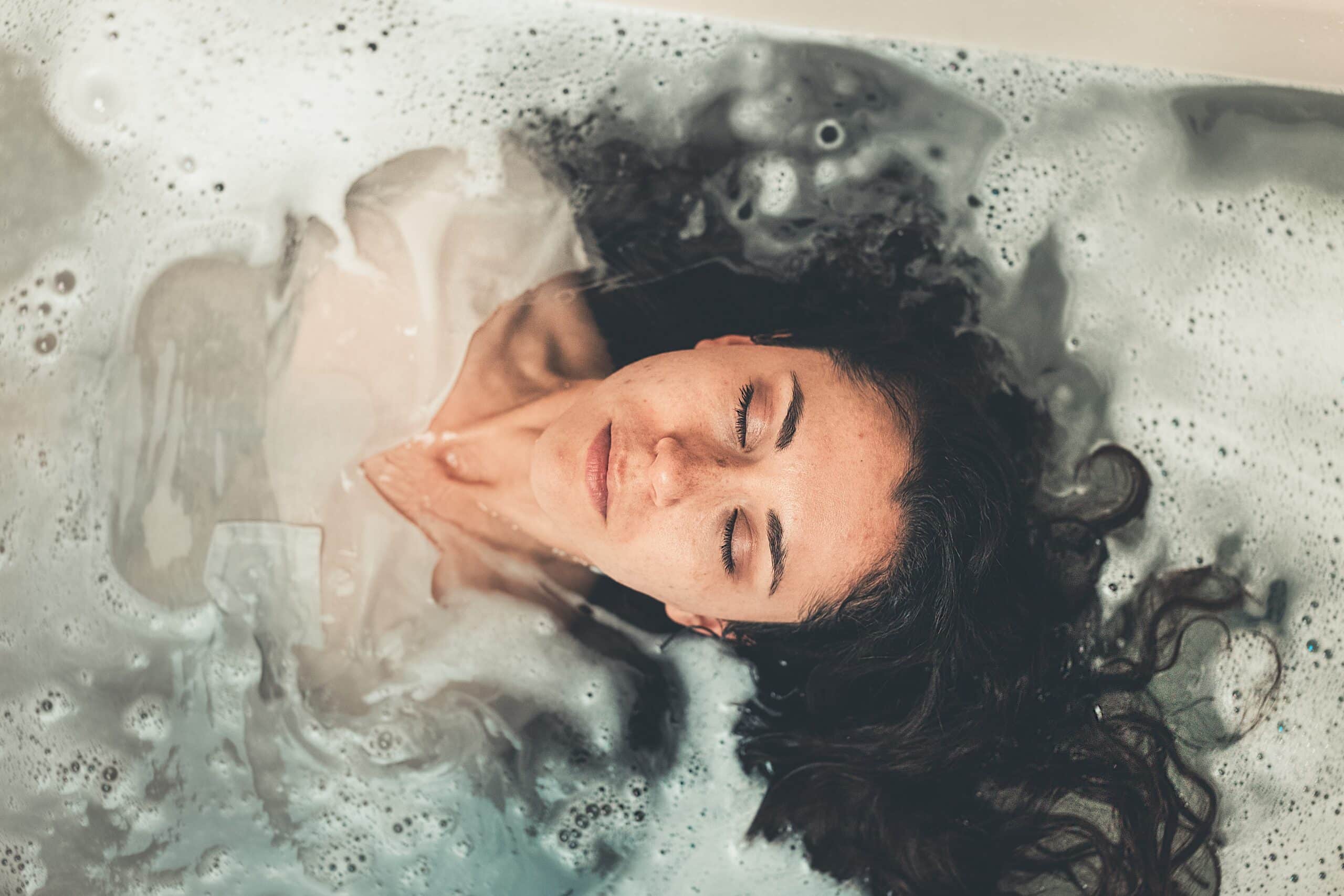
The other day, a strange and wonderful thing happened.
I received a message on Twitter regarding an article I had written for Misophonia International, titled “The Not So Peculiar Peculiarity.” The message was from a man who had scoured the social media circuit to find me after reading my article in hopes of sharing his battle with Misophonia. He was also triggered by whistling and had promised himself if he found someone who shared in his struggle – he would connect with them.
I thought, What a beautiful thing. It was the reason I had started writing as a kid – to not feel so alone, and here I was connecting with a stranger over an article I had written a year ago, an article that I had taken me so much courage to share. We swapped a few messages back and forth before he asked me, “How do you cope so well?” A question I had to sit on for a bit.
Me? Cope? Coping was not something I mastered when it came to Misophonia, certainly not in my eyes. It was more so something I felt forced to do as a thirty-five-year-old woman. I mean, after all, it’s not legal to act on the unfortunate violent thoughts that enter your mind while your ears are being assaulted by sound. Outbursts and tears risked appearing mentally unstable or melodramatic. It seemed as if the only way to react ‘properly’ was to…not; a daunting and often impossible task. My coping mechanism was smiling at everyone while my inner workings were on the verge of exploding.
When I was young, I was shamed by my family when I reacted to my triggers (usually my reactions came in the form of outbursts, hitting, or crying), so as I grew up I tended to internalize the suffering. Living with my family, I was inundated with sounds that triggered me. I had no safe place to turn off. A quiet space allows us to decompress and destress from our irritation which I believe is incredibly important. Without that, we turn into ticking timebombs. Not being able to get relief from the sounds led me deeper into a dark depression. I was unable to talk about the pain I was going through because the people around didn’t believe it was a real thing or they just thought I was ‘weird’, so therefore they didn’t truly understand why I was always stressed, anxious, irritable, and antisocial.
Mom self-diagnosed me as bi-polar because my mood went from – as she would say – “zero to 100,” but I knew the cause of my behavior was from inability to cope with Misophonia. I just couldn’t be honest about what was bothering me because my feelings were dismissed. Once I had my own place, my safe/ quiet place, I noticed my ability to cope was much better. It’s extremely difficult to cope if you’re triggered both at home, work, school, etc. There’s no recovery time because you’re constantly exposed to sound. My home is now my haven where I can control most of the sounds I hear (I mute tv commercials and radio ads, and luckily for me, I live in a quiet apartment complex).
Out in public when I’m triggered, I try deep breathing or squeezing my wrist (instead of clawing or scratching until I bled). I carry earplugs and headphones on me. I tend to curse under my breath repeatedly until the anger passes which also helps me cope. Unfortunately for me, I’m triggered at work incessantly (I work in an office of avid whistlers which is truly hell for me), but I noticed I can recover quicker than I used to because I have a quiet place once I get home to decompress (less time repeating the sounds in my mind, less time unfocused and stewing on the sounds and the hatred I feel). Also, exercise helps. It doesn’t make everything better but for whatever reason, I am able to recoup from being triggered a bit faster.
From experience, having a safe/ quiet space is paramount in helping you cope with Misophonia. If you live with family or friends, or in a noisy apartment complex and find it difficult to find quiet place within your home for you to ‘shut down,’ try following some of these recommendations from The Spruce in this article How to Soundproof Your Home or Apartment. If all else fails, invest in a good pair of noise canceling headphones or find a place outside of the home that you can decompress.
To anyone suffering with Misophonia, know that you’re not alone. My wish for you is to find peace within yourself, the strength to cope, and someone in your life to respect and support what you’re going through.
If you are looking for misophonia coping skills, you can go here to see coaching (worldwide) and here to see therapy (Canada) options with Shaylynn Hayes-Raymond. Shaylynn also offers both live and on-demand webinars for misophonia.







